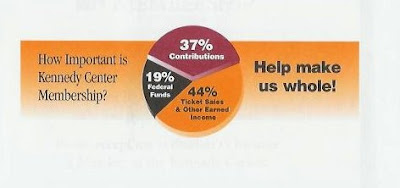Those technical writers who have written manuals running hundreds and even thousands of pages know the difficulty of keeping various kinds of markers under control.
But if you are an Adobe FrameMaker user, you are lucky because FM provides you with many ways to mark a document.
Open your document and press Esc+S+M to display that life-saving Marker dialog box. (Or select Special > Marker from the main menu.)
When you click the drop-down menu you’ll be presented with an astonishing variety of ways to mark your document: Author, CloseAnchor, Comment, Conditional Text, ContextString, Cross-Ref, Equation, Glossary, Header/Footer $1, Header/Footer $2, HTML Macro, Hypertext, Index, OpenAnchor, Subject, etc.
And if you select the “Edit…” option you can Add a new custom marker of your own or Change or Delete an existing marker. It’s not going to get any more flexible than that.
In this article I’ll show you how to use the Comment marker.
"Comment" Marker
Comment is basically what it exactly sounds like – if you’d like to drop a note for yourself anywhere in the document, like “do not forget to insert Graph A right after this paragraph” do the following:
1) Place your cursor where you want to insert your comment.
2) Press Esc+S+M to display the Marker dialog box.
3) Select Comment from the drop-down list.
4) Enter your comment in the Marker Text text box.
5) Click New Marker, and you are done!
6) To see a list of all your Comments, select Special > List Of > markers to display the Set Up List of Markers dialog box.
7) Select the Comment marker type from the right list box and click the left arrow to transfer it into the “Include Markers of Type” list box on the left.
8) Check the “Create Hypertext links” check-box (a recommended practice).
9) Then click the Set button and you’ll have all your Comment type of markers listed in a separate window for you.
To go to any specific Comment marker, place your cursor on the page number of the listed comment and press Ctrl and Alt buttons (on a PC) simultaneously. Your cursor will transform into a pointing finger. Click and you’ll automatically be taken to that specific comment even if it is on page 10,000. To delete the comment, hit the Delete button immediately after you hyperlink to the comment from your Comments List.
This is how you can make all kinds of notes to yourself as you are working on a long document, without worrying about forgetting anything. Before finishing the document, you can generate a list of all such comments and take care of them one by one.
Good luck!






















